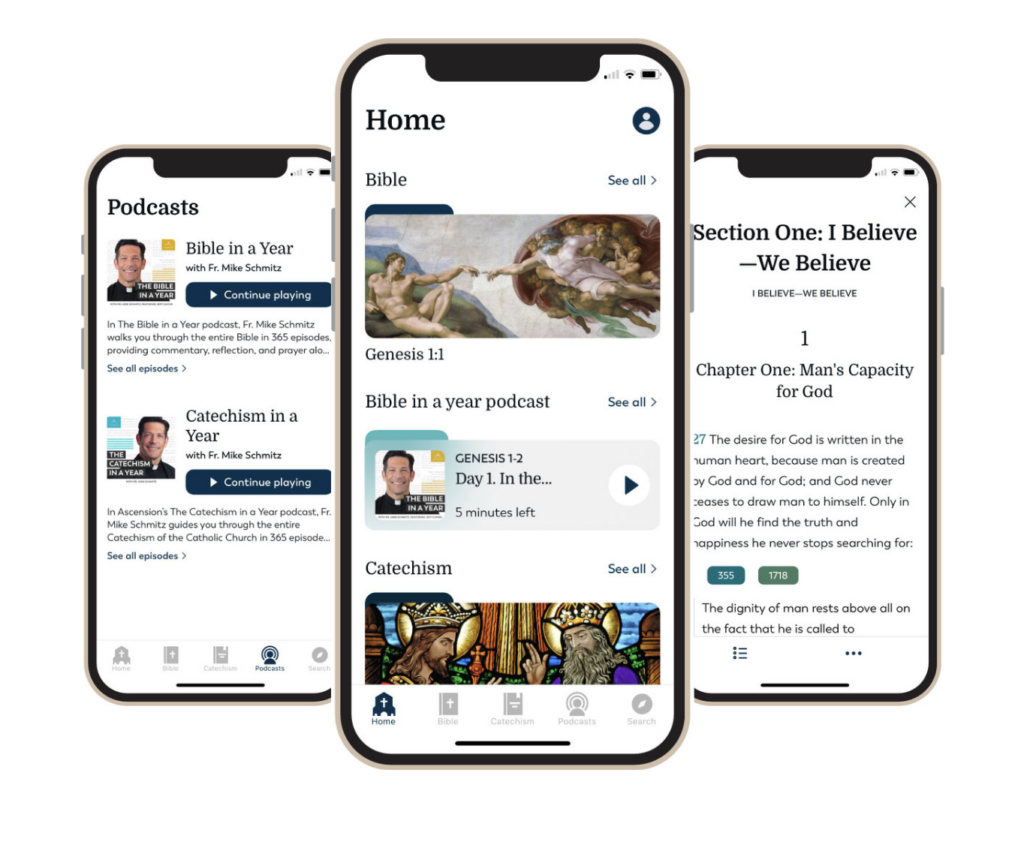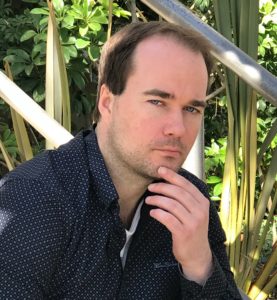Suffering is something people tend to shy away from talking about. However, with COVID-19 and extreme isolation (and the feeling of losing your friends in some sense), there definitely is a new type of suffering being experienced by many people. We don’t have to waste that suffering though. We can give it back to God through the gift of penance. That means we embrace these sufferings and strive to unite our hearts with Jesus Christ by uniting our sufferings to his, all for the glory of God. In a sense, it is a profound gift of self—an act of profound charity— and God can use that gift for our good and the good of others as he sees fit. Also, when we remember how we can transform suffering into a gift for God, it can help keep us from sliding into negativity, bitterness, or even resentment, which (if entered into) would cause the suffering we are presented with to become wasted.
Penitential Magnitude
As we already know, different life experiences bring about different types of suffering. However, different levels of suffering present the opportunity to offer penance of varying magnitudes. Also note that attachments to bitterness or resentment within one’s heart decrease the magnitude of the gift of penance— possibly even to zero. However, if we strive to reduce bitterness and resentment (and any other ailments of the soul) to zero, we can give a far greater gift of penance!
Penances can also be of differing magnitude when comparing the suffering of the body to the suffering of the soul. For that reason, let us consider the following:
- Everyone suffers (or will suffer) in some way, impacting both the body and the soul.
- Our earthly bodies are temporal, but after our earthly bodies expire, our souls continue on “eternally forward”— with a new, glorified body in Heaven (Christ Our Pascha, 840; CCC 997-1001).
- Suffering of the body ends when the body heals or when the body dies. It is confined to some period of measurable time. Suffering of the soul does not necessarily end when the body heals. It follows that suffering of the soul does not necessarily end when the body dies.
- Pain of the body can often be localized to where the ailment exists, while the suffering of the soul is all encompassing (for not only do we have one soul, but our one soul does not have parts).
- Therefore, it is reasonable to conclude that suffering of the soul will be of a greater magnitude than suffering of the body (regardless of whether we realize that during our lives or not). For that reason, penances arising from sufferings of the soul, all else being constant, may be of a profoundly greater impact for the Kingdom of God.
From Escaping to Embracing the Pain of the Soul
When we think of how suffering of the soul differs from suffering of the body, it can help us make sense of many of our actions as human beings (and if not applicable to you personally, you can count on the reality that it may be applicable to someone you love).
Consider the following: Have you ever engaged in something physically painful because it hurt less than facing the pain of your soul? I know I have. I’ve also come to know some people who struggled with the inclination to cut themselves, and even some people who have found themselves trapped within a tendency to engage in painful (and unchaste) sexual activities. Those who have been able to get out of those cycles confirm the same principle, the pain being inflicted on their bodies was effective in keeping them distracted from the pains of their souls. It just happened to manifest in those ways for them, but there are countless other manifestations.
In other words, for those of us who have engaged in a healing journey wherein we were able to discover the roots of such suffering (often connected to experiencing trauma), we have come to recognize that our pursuits were truly distracting us from addressing the suffering of our souls. We had lived through the cycle of pursuing physical pain to experience a lesser degree of suffering in those moments. Unfortunately, when the pain of our bodies subsided, the pain of our souls became evident again, and in our desperation to alleviate the suffering once again, we would begin the cycle over.
We get out of this cycle due to the grace of God, and by having our hearts cracked open to him just a little bit at first. It also helps for us to have a supportive community through which we can overwrite previous tendencies with healthier choices. Once getting stabilized, so to speak, we became more able to engage in a journey of learning, as opposed to merely acting on impulse (this is a sign of healing after trauma). Through that learning, we are able to discover not only healthier ways of coping and living, but also ways within which we can thrive and eventually give back in positive ways. And we come to know that the pinnacle of giving back is to offer our sufferings back to God in the form of penance.
Conclusion
For that reason, when we experience pain of the soul through heartbreak, betrayal, feelings of being unchosen, unloved, or unlovable, feelings of being not good enough, or even feelings of shame and guilt, we can know that it is in these times of deep suffering within which God is giving us the greatest opportunity of all.
And it’s not as though God wants us to feel those sufferings, but that he permits suffering, and as with all trials, he permits it such that we may become holy and ultimately closer to him.
God just needs an open heart to work with. We have tasted the joy in striving to give our hearts to God in that way, and we desire the whole world to know that great joy.
For that reason, we ask: Will you give him your heart in that way too?

It’s Here: The Bible & Catechism App!
The word of God and the complete teachings of the Catholic Church. Answers and commentary by Fr. Mike Schmitz, Jeff Cavins, and other experts. Video, audio, and textual commentary. Right on your phone.
You May Also Like:
Should We Desire Penance?
Make Small Sacrifices for a Big Change
When the Suffering Becomes Too Great

Hudson Byblow is a Catholic speaker and writer who presents at conferences throughout Canada and the United States. He shares his personal testimony to clergy, schools, and parishes and consults for various Catholic agencies, speakers, and educators. He focuses on his story of overcoming trauma while pursuing greater self-honesty and truth. Today he strives to elevate the conversation through clear language while revealing the joy of living chastely in his newfound freedom in the Lord. His website is www.hudsonbyblow.com.






I need healing! I suffered terrible sexual abuse as a child and as a teen. I try to offer up all my suffering, especially any physical pain all the time! However I often comfort myself with sweets and gain weight and the cycle of destructive behavior continues! I need prayer! Thank you for this article!